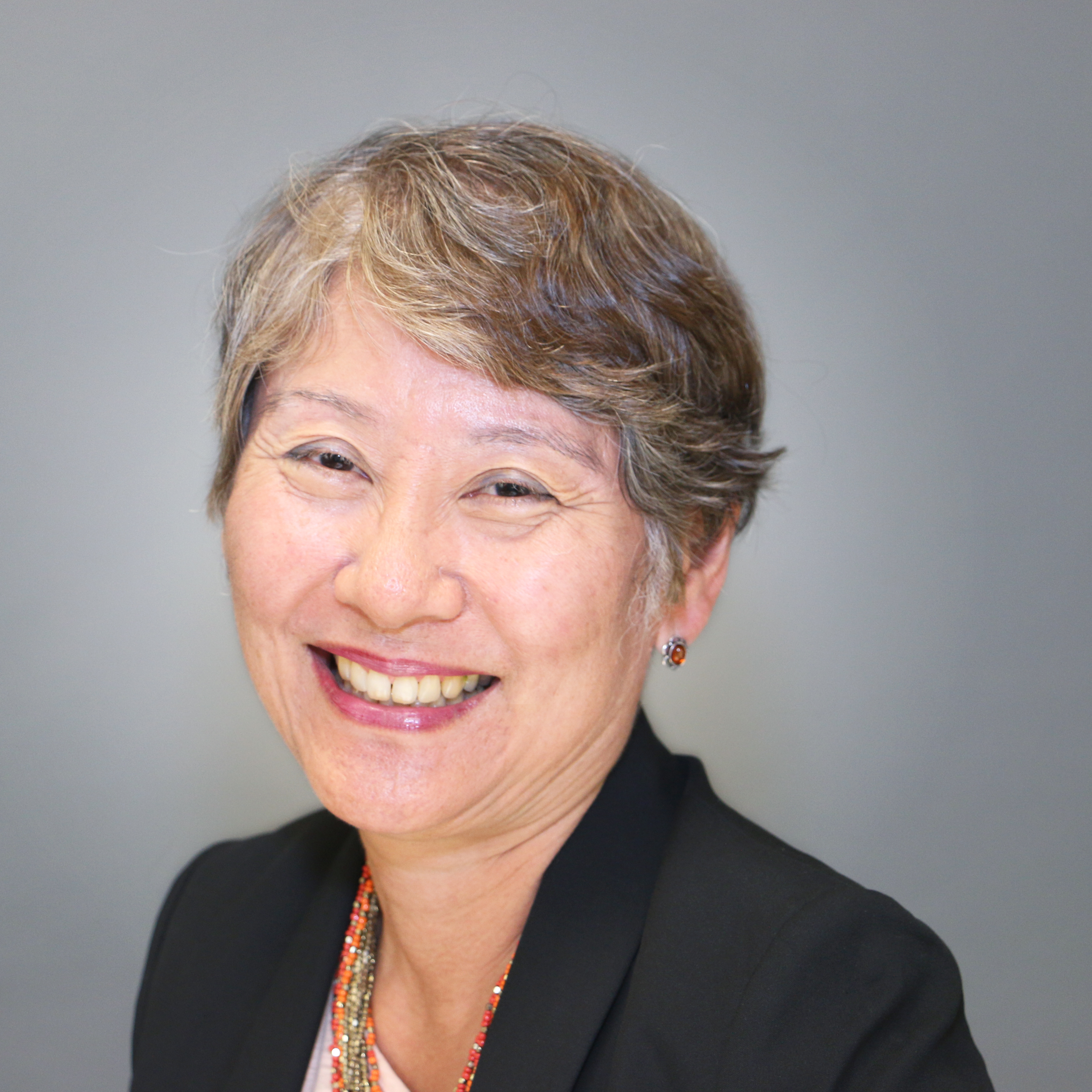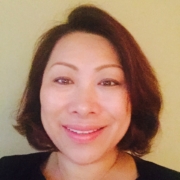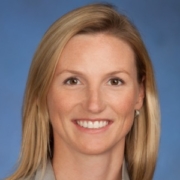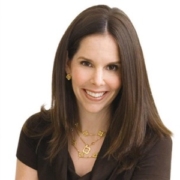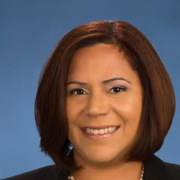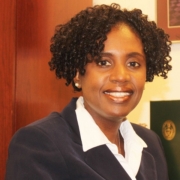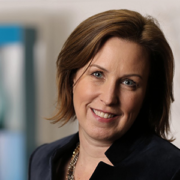Intrepid Woman: Patricia Kozu, Executive Director, Ascend
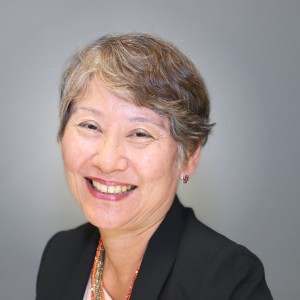 “My career would appear to be random but in reality it is not; the common thread is leveraging strengths,” says Patricia Kozu, executive director for Ascend, a membership organization that serves 60,000 pan Asian members through 17 professional chapters and 30 student chapters.
“My career would appear to be random but in reality it is not; the common thread is leveraging strengths,” says Patricia Kozu, executive director for Ascend, a membership organization that serves 60,000 pan Asian members through 17 professional chapters and 30 student chapters.
After studying math and quantitative analysis, Kozu pursued a job in technology, which she followed up with stints covering a diverse landscape of functions — operations, finance, marketing, product management and business development. And not only were the functions diverse, so were the industries — from telecommunications to consumer packaged goods to financial service. Now she is in the world of nonprofits, which had been her ultimate goal, joining Ascend November 2014.
“I wanted to have the most well-rounded background possible when I entered the nonprofit world where generally we need to wear many different hats,” Kozu says, describing her path.
Ascend’s goal is to help Pan Asians at all phases of their career develop and achieve their leadership potential. According to Kozu, “From students looking for their first job to executives who want to be on corporate boards, we make it easier for them to get involved and benefit from our programs and give back to the community.”
Having just joined the organization, Kozu has a plan in place. “I’ve always been proud when I implement new ideas or find new ways to do things,” she says, adding that her technique is to find the low-hanging fruit to start off with immediate results, then look for opportunities farther out. So, for example, she knows that Ascend, which is celebrating its 10th anniversary, wants to grow its reach but first they have to make sure the infrastructure is up to speed, that the databases and what they use to support members are in place and are strong.
Culture and Gender are Not Invisible
As a third-generation Japanese Asian American, Kozu began her career assuming her gender and ethnicity weren’t relevant, because of her education and experience. “Since I’d worked at brand name companies and had always been focused on professional development, I saw myself as a competent executive. But I soon learned that others bring their own narrative to my story and might see me first as Asian or as a woman. Now, I see that my Asian heritage is an important part of who I am and others can benefit when I share my experience.”
Right now, she’s proud to be releasing results of Ascend’s latest research project called Hidden in Plain Sight, which sheds light on culture and gender. The results are derived from data from six Silicon Valley companies that made their data public. The final analysis was that race has an even bigger impact than gender. She says they found that white men and women have a higher ratio of leadership roles than Asian men, and Asian women have the fewest. She also notes that less than 2 percent of Fortune 100 board seats are held by Pan Asians, and less than ½ of 1 percent of philanthropic dollars go to Asian organizations, even though Asians are the fastest-growing segment of the United States.
“Ascend is shining a light on important issues and providing recommendations,” Kozu says. “We want to continue to move the needle and demonstrate the value of embracing diversity and inclusion. When there’s diversity at the decision-making table, both in gender and culture, the decisions are better.”
Celebrate the Differences
For women beginning their careers, Kozu advises that they make an effort not to blend in; but rather to leverage their differences. She cites Madeleine Albright and her penchant for colorful pins that would spark conversation. “I’ll see a group of young women all dressed in their black suits and I want them to know it’s ok to celebrate your own individuality.” And, of course, she adds, it’s not just about appearances. Speaking up with that different voice is beneficial for the individual and the organization.
Along with Ascend, women-focused organizations can help. Kozu joined the well-established Financial Women’s Association in the 1980s but believes that an organization like Ascend is very relevant and knows it would have been beneficial earlier in her career.
She urges women to consider using volunteer work at nonprofits as an excellent way to develop their skills and leadership techniques.
Each Ascend chapter has officers and committees so there are myriad ways to try something new, whether it’s learning more about marketing or fundraising. “There is always something to learn, and you never know how your volunteer work can help in your business life,” she says.
Kozu notes that she was able to make the move from the corporate to the nonprofit world by honing her skills as a volunteer providing mentoring, tutoring and then as a board member at a variety of nonprofits.
Mentoring also helped make her a better manager, since the questions her mentees ask offer insight into their perspective as young people entering the work force.
“The message I like to give is that it’s not a one-way street. I’ve learned so much from the women I have mentored, and stay in touch as they move on in their careers.”
Diversity includes age, of course, as well. “I am inspired when I see men and women reaching across generations to share their stories.”
Currently, Kozu continues her volunteer work as a member of the steering committee for the Asian Women Giving Circle, where they fund art projects devoted to social justice issues, such as violence and bias.
“We can talk about these issues all day, but that only appeals to the head. Having an arts project that shines light on these issues and appeals to the heart as well can be so powerful.”
By Cathie Ericson

